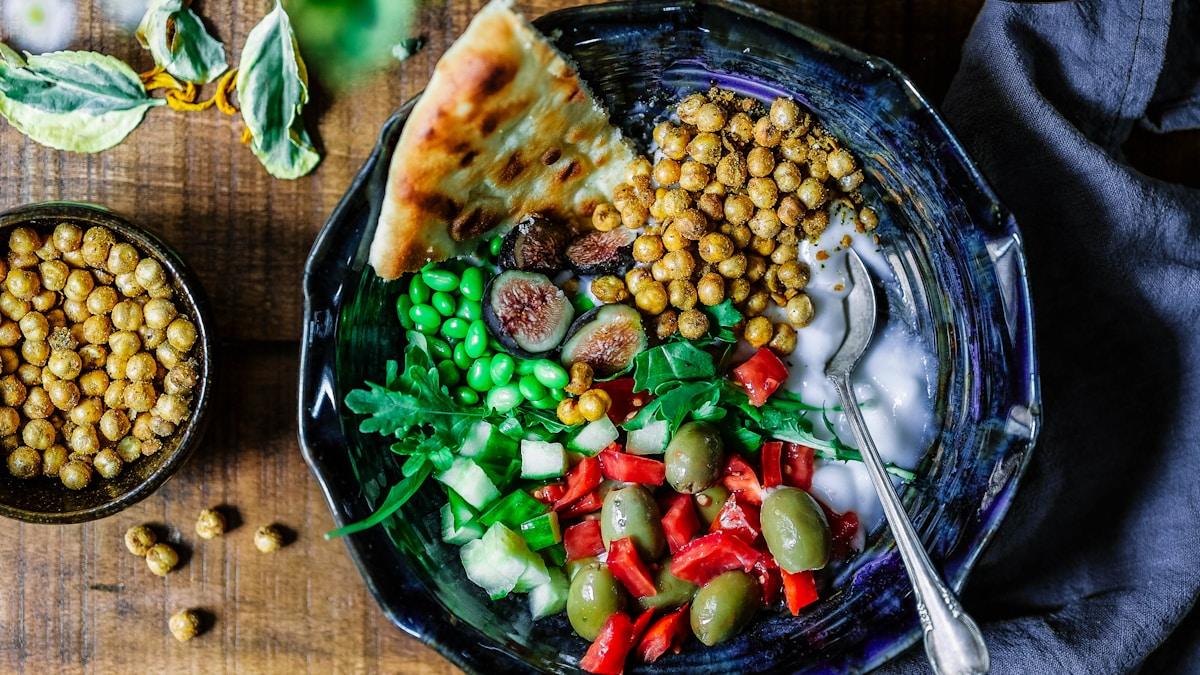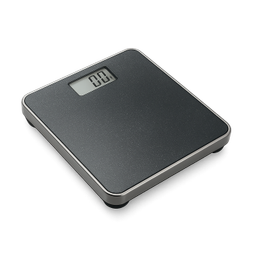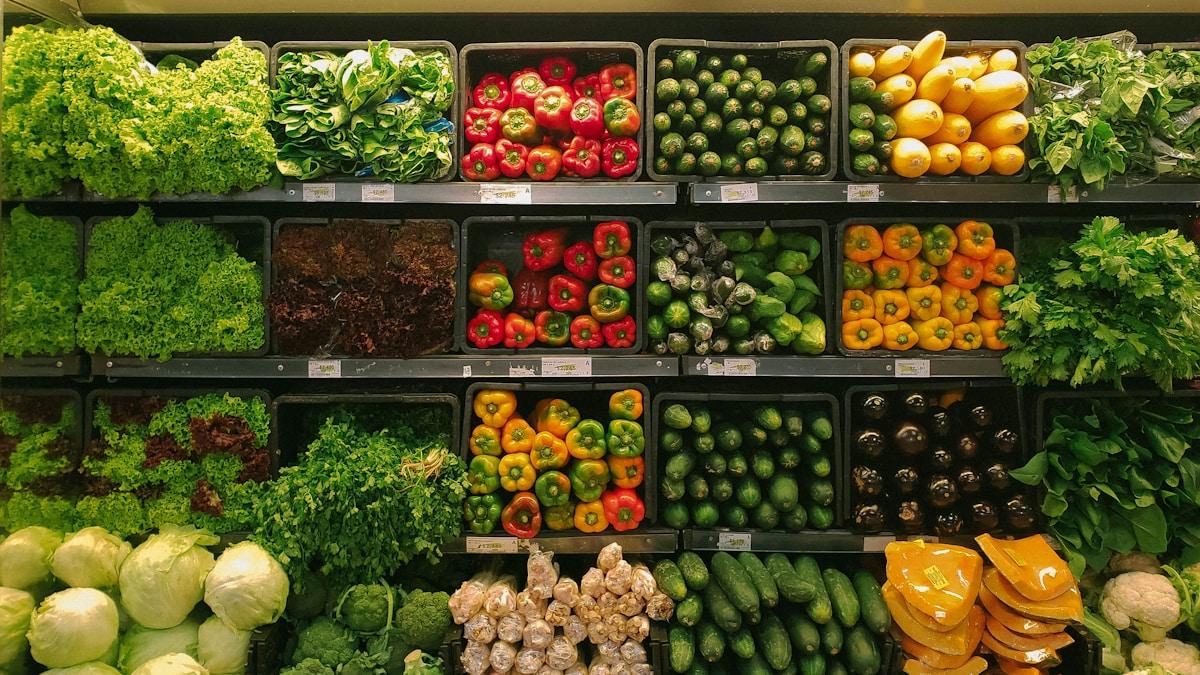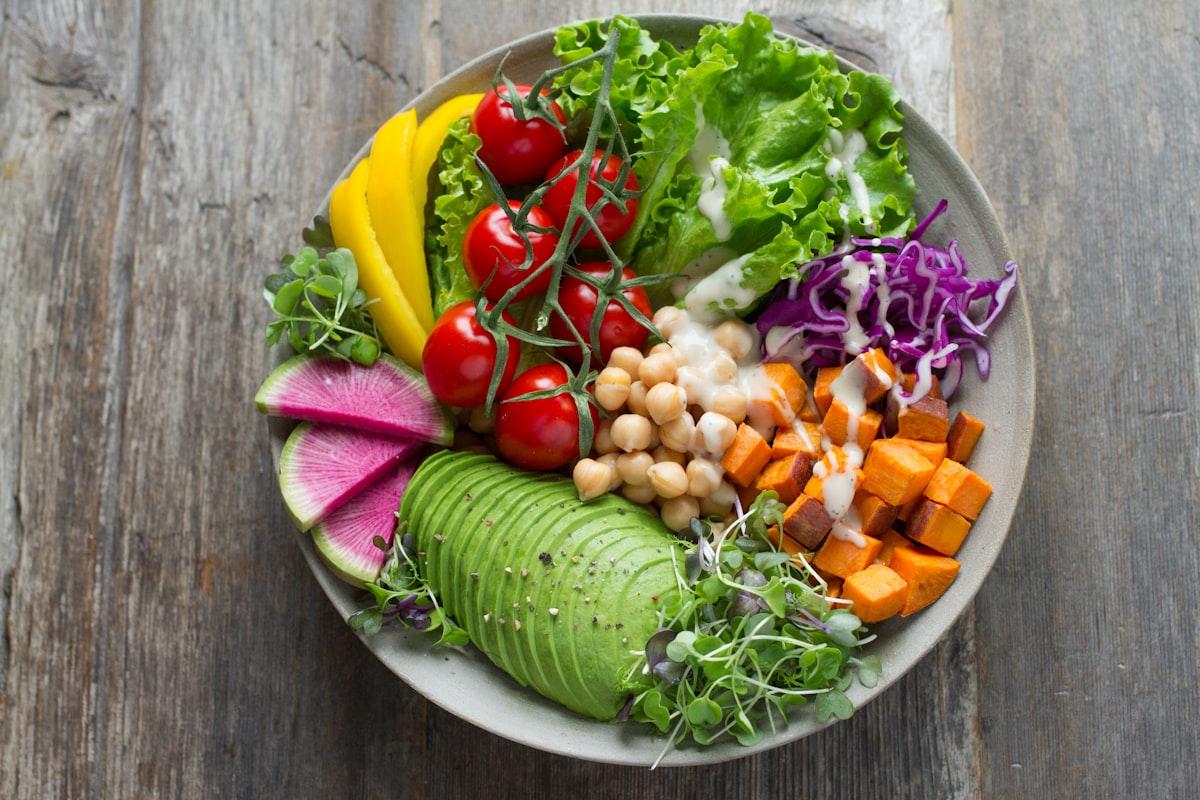
Boost Your Energy Naturally: Science-Backed Nutrition Strategies to Fight Fatigue
Discover evidence-based nutrition strategies to boost energy levels naturally, fight fatigue, and maintain metabolism throughout the day—no caffeine crash required.
Verdu Team
The team behind Verdu, your AI-powered nutrition companion
It's 3 PM, and you're staring at your screen, fighting the overwhelming urge to close your eyes. You've already had two cups of coffee, but the afternoon slump has arrived right on schedule. Sound familiar?
The good news? You don't need another energy drink or espresso shot. The secret to sustained, natural energy lies in how you fuel your body throughout the day. Let's explore the science-backed nutrition strategies that can help you beat fatigue and maintain steady energy levels—naturally.
Understanding Energy and Metabolism
Before we dive into specific strategies, it's helpful to understand how your body creates energy. Every cell in your body relies on a molecule called ATP (adenosine triphosphate) for fuel. Your body produces ATP by breaking down the food you eat—specifically, the macronutrients: carbohydrates, proteins, and fats.
Metabolism is the sum of all chemical reactions that convert food into energy. Several key nutrients act as cofactors in this process, helping enzymes do their work efficiently. When you're lacking in certain vitamins or minerals, or when you're eating the wrong types of foods, your energy production can stall—leaving you feeling tired, sluggish, and unable to focus.
The secret to sustained energy isn't about eating more—it's about eating smarter.

Complex Carbohydrates: Your Body's Preferred Fuel Source
Carbohydrates often get a bad rap, but they're actually your body's primary and most efficient energy source. The key is choosing the right types of carbohydrates.
According to Harvard's Nutrition Source, the healthiest sources of carbohydrates—whole grains, vegetables, fruits, and beans—promote good health by delivering vitamins, minerals, fiber, and a host of important phytonutrients.
The Complex vs. Simple Carb Difference
Simple carbohydrates (white bread, pastries, sugary drinks, candy) are rapidly digested and cause quick spikes in blood sugar. What goes up must come down—and that crash leaves you feeling even more tired than before.
Complex carbohydrates (whole grains, vegetables, legumes, fruits) are digested slowly, providing a steady stream of glucose to your bloodstream. This means sustained energy without the rollercoaster effect.
Best Complex Carb Sources for Energy
- Whole grains: Oats, quinoa, brown rice, whole wheat bread
- Starchy vegetables: Sweet potatoes, butternut squash, beets
- Legumes: Lentils, chickpeas, black beans, kidney beans
- Fruits: Apples, berries, oranges, bananas (with the fiber intact)
The fiber in these foods slows digestion, preventing blood sugar spikes and keeping you feeling full and energized for hours.
Essential Nutrients That Fight Fatigue
While carbohydrates provide the fuel, several micronutrients are critical for converting that fuel into usable energy. Let's explore the key players.
B Vitamins: The Energy Metabolism Powerhouses
B vitamins are enzyme cofactors that play a crucial role in energy metabolism. According to research published in the journal Nutrients, all B vitamins except folate are involved in at least one—and often several—steps of the energy production system within cells.
Specifically:
- B1 (Thiamin): Essential for converting carbohydrates into energy
- B2 (Riboflavin): Required for the electron transport chain (cellular energy production)
- B3 (Niacin): Necessary for synthesizing NADH, a key molecule in energy production
- B5 (Pantothenic acid): Required for forming Coenzyme A, which breaks down fats and carbs
- B6, B12, and Folate: Support red blood cell production, which carries oxygen to tissues
Food sources rich in B vitamins:
- Whole grains (especially fortified cereals)
- Eggs
- Leafy greens (spinach, kale)
- Legumes
- Nuts and seeds
- Lean meats, poultry, and fish
- Dairy products
If you're not getting enough B vitamins from your diet, you may experience persistent fatigue, weakness, and difficulty concentrating.
Iron: Preventing the Fatigue of Deficiency
Iron is essential for producing hemoglobin, the protein in red blood cells that carries oxygen throughout your body. Without adequate iron, your tissues don't get enough oxygen—and that leads to fatigue.
According to the Mayo Clinic, iron deficiency anemia causes extreme tiredness and weakness as primary symptoms. Even mild iron deficiency (before it becomes full anemia) can sap your energy.
Best iron-rich foods:
- Heme iron (animal sources, better absorbed): Red meat, poultry, fish, shellfish
- Non-heme iron (plant sources): Lentils, beans, tofu, spinach, fortified cereals
Pro tip: Pair plant-based iron sources with vitamin C-rich foods (citrus fruits, bell peppers, tomatoes) to enhance absorption.
Protein: Sustained Satiety and Steady Energy
While protein isn't your body's preferred energy source, it plays a critical role in maintaining steady energy levels by:
- Slowing the digestion of carbohydrates (preventing blood sugar spikes)
- Keeping you full longer, reducing energy dips from hunger
- Supporting muscle repair and metabolic function
Include a source of lean protein at each meal—chicken, fish, eggs, Greek yogurt, legumes, tofu, or nuts.
How Verdu helps: Tracking all these nutrients across multiple meals can feel overwhelming. That's where Verdu's AI-powered meal analysis comes in. Simply snap a photo of your plate, and get instant feedback on your carb quality, protein intake, and key vitamins—helping you optimize your energy levels without the guesswork.

Hydration: The Often-Overlooked Energy Booster
If you're feeling tired, before reaching for coffee, try drinking a glass of water first. Dehydration is one of the most common—and most underestimated—causes of fatigue.
According to Harvard Health, when you're low on fluids, your body may feel tired and weaker than usual. Even mild dehydration can decrease alertness and concentration.
How Much Water Do You Need?
Harvard Health recommends that healthy individuals aim for about 15.5 cups of total fluids per day for men and about 11.5 cups for women. This includes water from all beverages and food sources (about 20% of your water intake comes from water-rich foods like fruits and vegetables).
For most people, drinking four to six cups of plain water each day, in addition to water from other sources, is sufficient.
Signs You're Not Drinking Enough
- Dark yellow urine
- Persistent fatigue or weakness
- Dizziness or lightheadedness
- Difficulty concentrating
- Dry mouth or lips
Practical hydration tips:
- Start your day with a glass of water before coffee
- Keep a reusable water bottle at your desk
- Set reminders to drink throughout the day
- Eat water-rich foods (cucumbers, watermelon, oranges, celery)
- Drink water before, during, and after exercise
Meal Timing and Size: Strategic Eating for Steady Energy
It's not just what you eat—when and how much you eat can significantly impact your energy levels throughout the day.
According to Harvard Health, eating small meals and snacks every few hours is more effective for sustained energy than eating three large meals. Here's why:
Why Small, Frequent Meals Work
- Steady nutrient supply: Your brain relies on a constant supply of nutrients, especially glucose. Small, frequent meals prevent the energy dips that come from long gaps between eating.
- Avoid the post-lunch slump: Large meals, especially those high in refined carbs, can cause a rapid rise in blood sugar followed by a crash—hello, 3 PM fatigue.
- Better blood sugar control: Spacing out your meals helps maintain stable blood sugar levels throughout the day.
Optimal Meal Timing Strategies
- Eat breakfast within an hour of waking to jumpstart your metabolism
- Include protein and complex carbs at every meal for sustained energy
- Have a mid-morning and mid-afternoon snack (if needed) to prevent energy dips
- Avoid heavy lunches that can cause afternoon drowsiness
- Don't skip meals—even if you're busy, skipping meals leads to energy crashes
Sample energy-sustaining meal pattern:
- 7:00 AM: Oatmeal with berries, nuts, and Greek yogurt
- 10:00 AM: Apple slices with almond butter
- 12:30 PM: Grilled chicken salad with quinoa and mixed vegetables
- 3:30 PM: Hummus with carrot sticks and whole grain crackers
- 6:30 PM: Baked salmon with sweet potato and steamed broccoli
How Verdu helps: Planning balanced meals throughout the day doesn't have to be complicated. With Verdu's Menu Picker, you can make smarter food choices whether you're eating at home or dining out—getting suggestions tailored to maintain your energy and meet your nutritional needs.
Foods to Avoid: Common Energy Zappers
Just as certain foods boost energy, others can sabotage it. Here are the main culprits:
1. Refined Sugars and White Starches
White bread, pastries, sugary cereals, and candy cause rapid blood sugar spikes followed by crashes. The initial "sugar rush" is quickly replaced by fatigue, brain fog, and cravings for more sugar—creating a vicious cycle.
2. Excessive Caffeine (Especially Late in the Day)
While caffeine can provide a temporary energy boost, relying on it too heavily can backfire. Harvard Health advises avoiding caffeine after 2 PM (or noon if you're sensitive) to prevent it from interfering with sleep—which ultimately leads to more fatigue.
3. Alcohol
Alcohol is a depressant that can make you feel sluggish and tired, especially during daytime hours. It also disrupts sleep quality, leading to next-day fatigue.
4. Fried and Processed Foods
These foods are often high in unhealthy fats and low in nutrients, making them harder to digest and leaving you feeling sluggish. They also lack the vitamins and minerals your body needs for energy production.
5. Skipping Meals or Crash Diets
Extreme calorie restriction deprives your body of the fuel it needs to function. This slows your metabolism and leaves you feeling exhausted, irritable, and unable to focus.

Your Energy-Boosting Action Plan: Start Today
Ready to reclaim your energy naturally? Here are actionable steps you can implement right away:
Immediate Changes (This Week)
-
Swap refined carbs for complex carbs: Replace white bread with whole grain, choose brown rice over white, opt for oatmeal instead of sugary cereal.
-
Hydrate first thing in the morning: Drink a full glass of water before your coffee or breakfast.
-
Add protein to every meal: Include eggs at breakfast, chicken or beans at lunch, fish or tofu at dinner.
-
Plan a mid-afternoon snack: Prevent the 3 PM slump with a balanced snack like Greek yogurt with berries or hummus with veggies.
-
Cut caffeine after 2 PM: Give your body time to wind down naturally for better sleep quality.
Medium-Term Goals (This Month)
-
Increase B-vitamin-rich foods: Add more whole grains, leafy greens, eggs, and legumes to your diet.
-
Boost iron intake if needed: If you suspect iron deficiency (persistent fatigue, weakness), talk to your doctor and focus on iron-rich foods.
-
Track your hydration: Aim for at least 8 cups of water daily, adjusting based on activity level and climate.
-
Establish consistent meal timing: Eat at roughly the same times each day to regulate your metabolism and energy levels.
-
Prep energy-boosting snacks: Keep healthy, portable snacks on hand—nuts, fruit, whole grain crackers, hard-boiled eggs.
Long-Term Habits (This Quarter)
-
Build a sustainable eating pattern: Focus on whole, minimally processed foods 80% of the time.
-
Monitor your energy levels: Keep a simple journal noting when you feel energized vs. fatigued, and what you ate beforehand.
-
Prioritize sleep hygiene: Energy starts with quality sleep—aim for 7-9 hours per night.
-
Get regular blood work: Check iron, B12, and vitamin D levels annually to catch deficiencies early.
How Verdu simplifies energy-boosting nutrition: Implementing all these strategies can feel overwhelming, especially when you're already exhausted. Verdu's AI-powered insights take the complexity out of nutrition tracking—just snap a photo of your meal to see your macro breakdown, get personalized suggestions to optimize energy, and build sustainable eating habits without spending hours calculating nutrients.
Conclusion: Fuel Your Body, Reclaim Your Energy
Fatigue doesn't have to be your default state. By making strategic nutrition choices—prioritizing complex carbohydrates, ensuring adequate B vitamins and iron, staying hydrated, and timing your meals wisely—you can naturally boost your energy levels and maintain steady vitality throughout the day.
The best part? These aren't temporary fixes or quick hacks. They're sustainable, science-backed habits that support your long-term health and well-being.
Ready to take the guesswork out of nutrition and start feeling more energized?
Download Verdu today and discover how easy it is to optimize your nutrition, track your energy-boosting nutrients, and build habits that keep you feeling your best—naturally.
Related Articles

Budget-Friendly Healthy Eating: 10 Ways to Eat Nutritious Meals on $50 a Week
Discover 10 proven strategies to eat healthy on a tight budget. Learn how to enjoy nutritious meals for $50 per week with smart shopping, meal planning, and budget-friendly food choices.

Gut Health 101: How Your Microbiome Affects Digestion, Immunity, and Overall Wellness
Discover how your gut microbiome influences digestion, immune function, and overall health. Learn about probiotics, prebiotics, fiber, and practical tips for a healthier gut.

Meal Prep for Beginners: 7 Simple Strategies to Save Time and Eat Healthier All Week
Master meal prep with these 7 beginner-friendly strategies. Save hours each week, eat healthier, and stop stressing about what's for dinner.